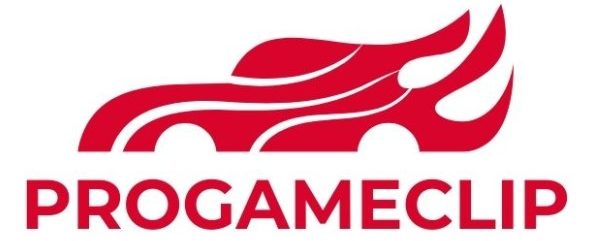Behavioral interviews are becoming increasingly common in the hiring process. They are designed to reveal how a candidate has handled certain situations in the past, and are used to predict future behavior in similar situations. However, it can be tough to know where to start when preparing for a behavioral interview. In this blog post, we will discuss tips and tricks for how to prepare for a behavioral interview, so you can showcase your skills and experiences to your potential employer.
1. Research the company and the position
One of the most important things you can do to prepare for a behavioral interview is to research the company and the position you are interviewing for. Look at their website, social media accounts, and any recent news articles. Get familiar with their values, mission, and objectives. It’s also important to know the specific responsibilities of the job you are applying for. This will help you tailor your answers during the interview to align with the company’s culture and expectations.
2. Review the job description
Read the job description carefully and make a list of key skills and experiences that the employer is looking for. Go back through your resume and identify any specific examples where you have demonstrated those skills or experiences. Think about results that you achieved, challenges you overcame, and skills that you developed. This will help you prepare examples to answer behavioral questions during the interview.
3. Practice telling stories
Behavioral interview questions are designed to get you to tell a story about a specific situation you have been in. It’s important to practice telling stories ahead of time so that you feel confident during the interview. Think about a variety of situations, such as times when you had to deal with conflict, solve a problem, or work under a deadline. Make sure to explain the situation clearly, describe the actions you took, and share the outcomes and results.
4. Use the STAR method
The STAR method is a popular technique for answering behavioral interview questions. STAR stands for Situation, Task, Action, Result. When answering a behavioral question, start by describing the situation or task you were faced with. Then explain the action you took to address the situation. Finally, share the result or outcome of your actions. This method will help you provide clear and concise answers to behavioral questions.
5. Be authentic and genuine
Finally, it’s important to be authentic and genuine during the interview. Don’t try to give canned answers or tell stories that aren’t true to who you are. Instead, use the research and preparation you have done to showcase your skills and experiences in a way that is true to yourself. Take the time to connect with the interviewer and show enthusiasm for the job and the company.
Conclusion:
Preparing for a behavioral interview can seem overwhelming, but with the right approach, you can feel confident and prepared on interview day. By researching the company and position, reviewing the job description, practicing telling stories, using the STAR method, and being authentic and genuine, you can showcase your skills and experiences and impress your potential employer. Good luck with your next interview!
